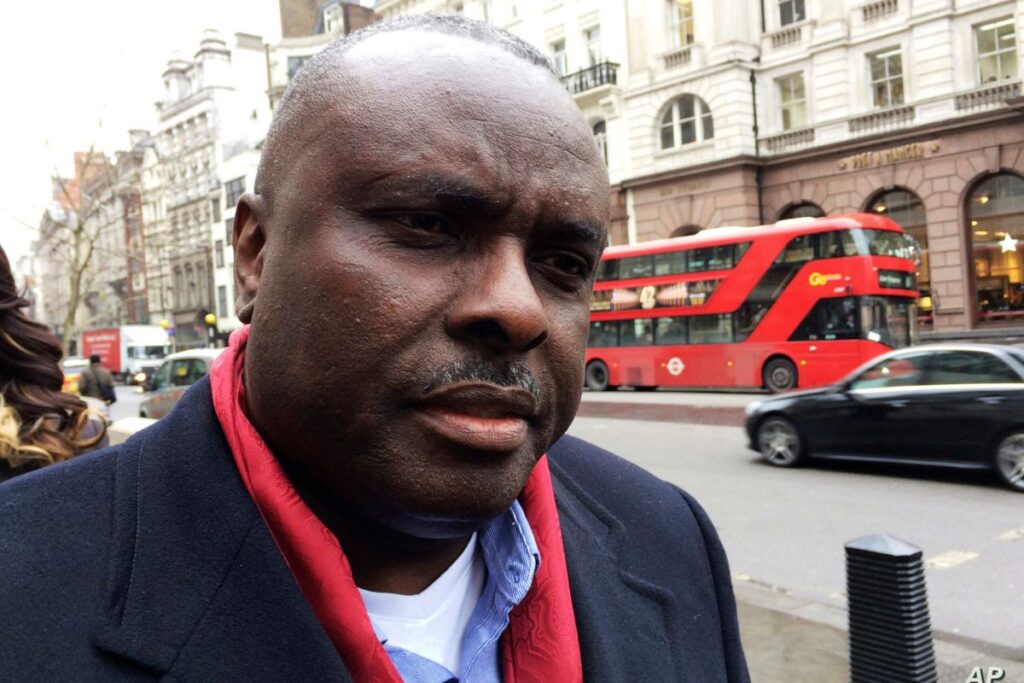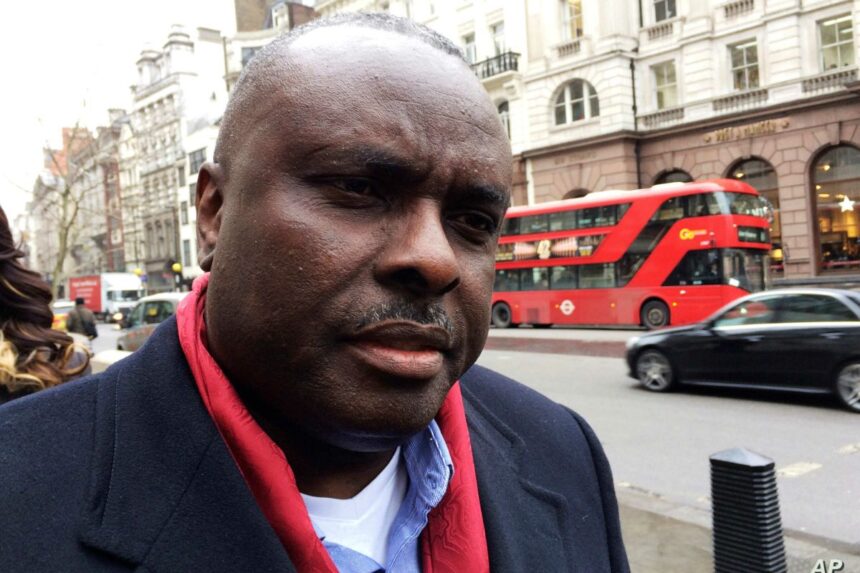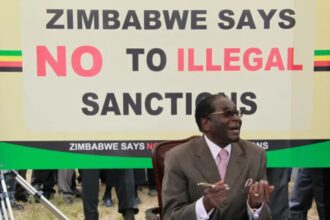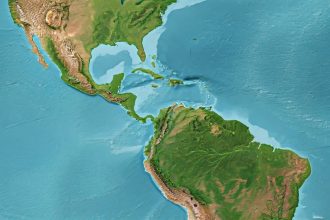James Ibori’s rise to power is a tale filled with ambition and controversy. Having served as the governor of Nigeria’s oil-rich Delta State, he controlled vast resources and wielded significant influence. However, beyond the official corridors of power, Ibori’s dealings were shadowed by allegations of illicit financial activities.
In 2012, the weight of these allegations led Ibori to a courtroom far from home. Before a London judge, he admitted to a slew of charges that painted him as one of Africa’s most prolific fraudsters.
Amanda Kufo
These charges ranged from fraud to money laundering, reflecting the vastness of his illegal operations.
The UK’s Role and Struggle
The UK has been a hub for numerous financial transactions, some of which cater to the corrupt elite of various nations. Ibori’s conviction was seen by many as a stand against international money laundering and corruption. However, the long-winded legal battles surrounding the confiscation of his ill-gotten gains have diminished this symbolic victory.

In the wake of these proceedings, numerous NGOs, including renowned ones like Transparency International, have risen in chorus against the delays. Their united voice encapsulates the frustrations of many Nigerians, who eagerly await the return of funds they see as rightfully belonging to them. These NGOs not only demand the swift return of the confiscated assets but also insist upon transparency in the process, ensuring that the returned assets directly benefit the people they were stolen from.
Delta State: At the Heart of the Matter
The oil-producing Delta State, once under Ibori’s governance, stands as a testament to the contradictory nature of wealth. Despite its vast oil resources, much of the state’s populace remains in poverty. Many believe that the funds siphoned off by Ibori could have been used for infrastructural development, education, and healthcare, thus directly benefiting the local residents.

A Legacy Still Alive: Ibori’s Lingering Influence
Even after his jail sentence and amidst the global outcry, Ibori remains a significant player in Nigeria’s political landscape. His meetings with influential figures, like President Bola Tinubu, underline his undiminished stature. Furthermore, his connections, both visible and clandestine, reveal a deeper malaise in Nigeria’s political environment, where corruption often intertwines with power.
The British Predicament
Since 2013, British prosecutors have grappled with the task of confiscating Ibori’s vast assets. These efforts, instead of being straightforward, have been entangled in a maze of legal intricacies. Recent developments have seen one of the most substantial confiscation orders under Britain’s Proceeds of Crime Act 2002, amounting to a staggering £101.5 million. However, with Ibori’s intentions to appeal, the end of this legal tug-of-war seems distant.
The saga of James Ibori serves as a reflection of the broader issues of corruption and the challenges of international justice. While the conviction was a positive step forward, the subsequent delays in asset repatriation serve as a grim reminder of the complexities involved in rectifying past wrongs. The collective voice of civil society remains optimistic, echoing the hopes of millions who yearn for a just conclusion.




















